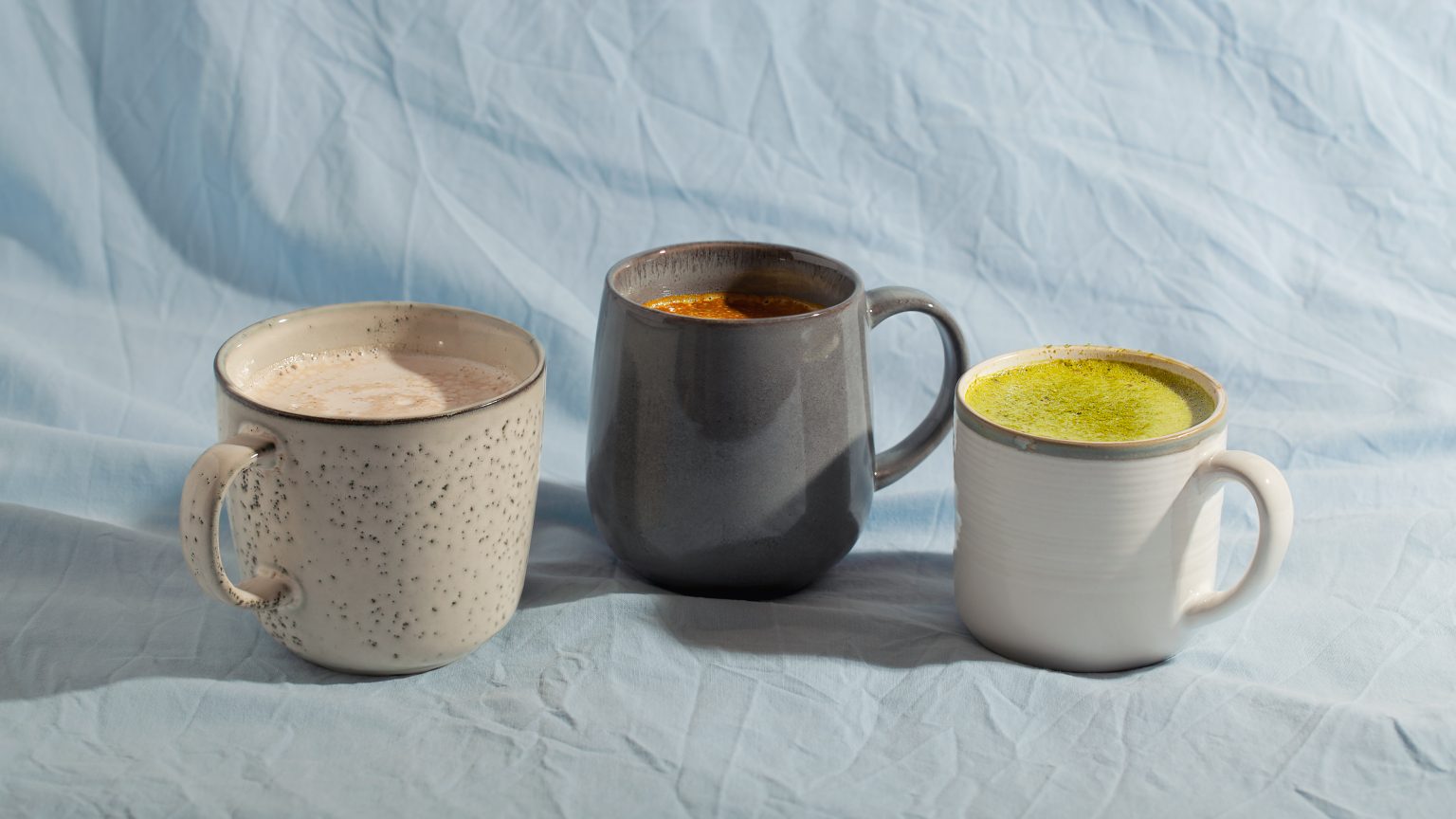Coffee consumption in the UK is at an all-time high, with the average Briton drinking around 528 cups of coffee per year. Despite its popularity, two in five coffee drinkers are seeking alternatives, according to new research. Health professionals are now suggesting several substitutes that can help reduce coffee dependency, improve energy levels, and offer additional health benefits.
The Search for Alternatives
Coffee, while a beloved beverage, is highly addictive. Regular consumption can lead to physical dependence on caffeine, causing withdrawal symptoms like drowsiness, reduced alertness, and poor memory. As the nation prepares to lose an hour’s sleep with daylight savings around the corner, experts from MUD\WTR UK have recommended five alternatives to help curb coffee cravings.
Lion’s Mane Mushrooms
Lion’s mane mushrooms, recognised by their white, fluffy appearance, have been used in traditional Chinese medicine for centuries. Modern research confirms their ability to regulate blood sugar levels, promote heart health, and reduce high blood pressure. Additionally, these mushrooms can boost energy and combat fatigue, making them a viable coffee alternative. They can be cooked, consumed as a drink, or taken as a supplement.
Cocoa Beans
Cocoa beans, sourced from the Amazon rainforest, are known for their rich flavour and health benefits. These beans are used to treat heart disease, high blood pressure, high cholesterol, and inflammatory conditions. Containing theobromine, a natural stimulant, cocoa beans increase energy levels gradually throughout the day. Unlike caffeine, theobromine is non-addictive and provides longer-lasting effects.
Matcha Tea
Matcha tea, made from Japanese green tea powder, is packed with health benefits. It contains polyphenols, which protect against disease, and chlorophyll, which supports brain function. A single serving of matcha tea contains around 50mg of caffeine, compared to 100-200mg in coffee. This makes matcha a sensible choice for those looking to reduce caffeine intake without eliminating it entirely.
Peppermint and Ginger Tea
Herbal teas, such as peppermint and ginger tea, are caffeine-free but still promote alertness. Peppermint tea supports digestion and improves cognitive function, while ginger tea aids in oxygen circulation, enhancing energy levels throughout the day. The ritual of making and consuming these teas can also help wake you up in the morning.
Ashwagandha
Ashwagandha, also known as Indian ginseng or winter cherry, offers numerous health benefits, including stress relief, increased muscle strength, and improved sexual function. Studies have shown that ashwagandha can sharpen focus, improve memory, and boost attention spans, providing the cognitive benefits of coffee without the drawbacks of caffeine.
Strategies to Reduce Coffee Consumption
Primary care physician Dr Ramkissoon offers several strategies for those looking to cut down on coffee:
- Exercise: Physical activity, such as morning runs, releases endorphins that can make you feel awake, mimicking the effects of caffeine.
- Action Plan: Create a personalised plan to gradually reduce coffee intake. Visualising success can improve outcomes.
- Gradual Reduction: Avoid going cold turkey. Gradually reduce coffee consumption over a few weeks to mitigate withdrawal symptoms. Decaf coffee can help during this transition.
- Stay Hydrated: Dehydration can cause fatigue, leading to increased coffee consumption. Drinking eight cups of water a day can help maintain energy levels.
- Find the Right Replacement: Explore various coffee substitutes to find one that suits your taste and lifestyle.
Expert Commentary
Shane Heath, founder of MUD\WTR UK, comments: “Coffee is the most popular drink in the UK, and its unique flavour combined with caffeine’s dopamine-boosting effects make it highly addictive. However, excessive caffeine can cause headaches and dizziness. As two in five coffee drinkers seek to reduce their intake, there are countless alternatives that provide the benefits of coffee without the negatives. The key is finding the right solution for each individual.”
By exploring these alternatives and strategies, Britons can enjoy sustained energy and improved health without relying on their daily coffee fix.
For more information, visit https://uk.mudwtr.com/.

